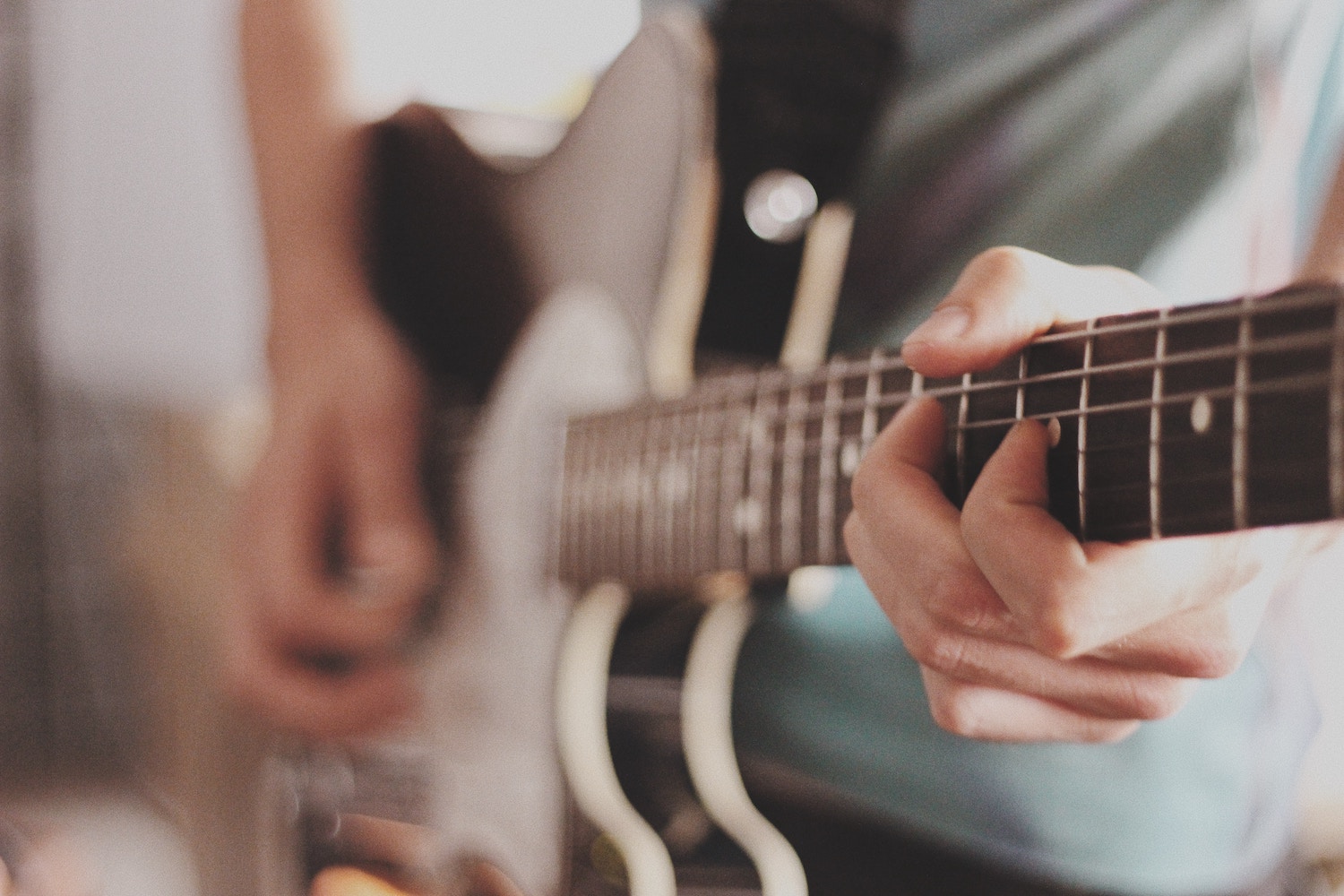Have you ever watched a skilled guitarist effortlessly play intricate melodies and wondered how they seem to know exactly where to place their fingers on the fretboard? The secret lies in memorizing the guitar fretboard, a crucial skill for any aspiring guitarist. In this post, we’ll explore how people memorize the fretboard, discuss its challenges, and uncover why this skill is essential for your musical journey.
1. How do people memorize the fretboard?
Memorizing the guitar fretboard might sound daunting, but it’s a skill that can be conquered with practice and dedication. Here are some effective methods to help you get started:
- Learn the Notes: Begin by learning the names of each string and their corresponding open notes. Most guitars have six strings, typically tuned to E-A-D-G-B-E from low to high. Knowing these open notes is your foundation.
- Use Mnemonics: Mnemonic devices, like acronyms or phrases, can aid in remembering the order of notes on each string. For example, “Every Good Boy Deserves Fudge” represents the notes on the lines of the musical staff, corresponding to E-G-B-D-F.
- Visual Aids: Many guitarists find it helpful to use fretboard diagrams or apps that display note names as they play. This visual reinforcement can speed up the memorization process. Chord shapes and understanding what notes make up the shape are also very helpful. Many guitarists learn the CAGED system which is a great method for learning shapes and their patterns on the guitar neck.
- Practice Scales and Chords: Learning scales and chords not only enhances your playing but also reinforces fretboard knowledge. As you play different patterns, you’ll naturally become more familiar with the fretboard.
2. Is it possible to memorize the guitar fretboard?
Yes, it is absolutely possible to memorize the guitar fretboard. While it may seem challenging at first, consistent practice and dedication can help you master this essential skill. Remember that every guitarist started from scratch, and you can too.
3. Why is learning the fretboard so hard?
Learning the guitar fretboard can be challenging for several reasons:
- The Number of Frets: Guitars typically have 20 to 24 frets, and each fret changes the note. This can be overwhelming when you’re just starting.
- Visual Complexity: The fretboard layout can appear complex, especially for beginners. Understanding how notes repeat themselves as you move up the neck takes time.
- Patience and Persistence: Memorizing the fretboard requires consistent effort. It’s not something that happens overnight, and frustration can set in if you’re not patient with yourself.
- Lack of Context: For some, learning the notes without context can be challenging. Understanding how these notes fit into scales, chords, and songs can be the missing link.
4. Does memorizing the fretboard help?
Absolutely! Memorizing the guitar fretboard is a valuable skill with several benefits:
- Enhanced Creativity: When you know the fretboard well, you can explore various melodies and chords with confidence. This boosts your creativity and allows you to express yourself freely.
- Faster Learning: Learning songs becomes easier and faster when you can quickly identify the notes and their positions on the fretboard.
- Improved Soloing: If you dream of becoming a lead guitarist, fretboard knowledge is indispensable. It enables you to navigate the fretboard effortlessly during solos.
- Songwriting: If you want to compose your own music, knowing the fretboard is essential. It opens up endless possibilities for crafting unique tunes.
- Collaboration: When playing with other musicians, knowing the fretboard helps you communicate more effectively and adapt to different musical styles.
While memorizing the guitar fretboard may present challenges, it’s a skill that every guitarist can develop with consistent effort. By employing mnemonic devices, visual aids, and regular practice, you can become proficient in navigating the fretboard. Remember that this skill is vital for enhancing your creativity, learning songs faster, and becoming a more versatile guitarist. So, don’t shy away from the fretboard; embrace it, and let it unlock new musical horizons for you. Happy playing!

